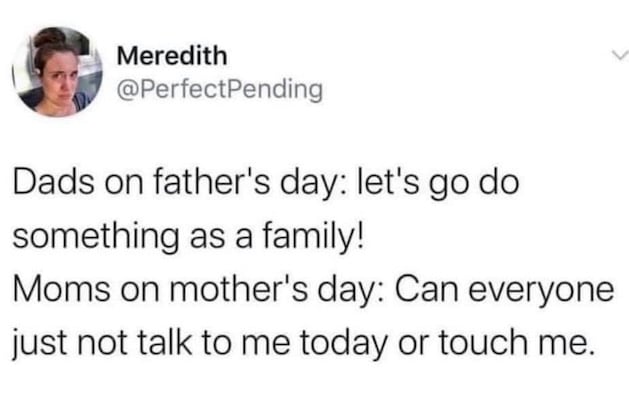Get the Best Family Activities
However, it might be better if this information comes from someone other than you since they’ve made some (unfair) assumptions about your parenting. Providing them with links to online resources might be a great step. You may even be able to arrange some communication between your daughter’s treatment providers and those family members—maybe a conversation or a document stating what autism looks like and why it might at times seem inconsistent.
I do want to say that if your family members continue to respond to you and your daughter in this negative way then it places her at higher risk for low self-esteem, depression, and high-risk behaviors. You’ll want to protect her from this, which could very well mean following your instincts and avoiding these interactions altogether.
It will also be important for you to be as transparent with your daughter as you can. Have open conversations with her, acknowledging that the way a person was speaking to her was wrong and that you know it might have been painful. Your goal is to create an open line of communication so that your daughter knows she can come to you when she is being treated this way, whether it’s by people inside or outside of the family.
This article was reprinted with permission from the Child Mind Institute, a Manhattan-based organization dedicated to transforming mental health care for children.
Also see:
What You Need to Know About the ABLE Act
The Importance of Social Connections for Those on the Spectrum








.jpg)

